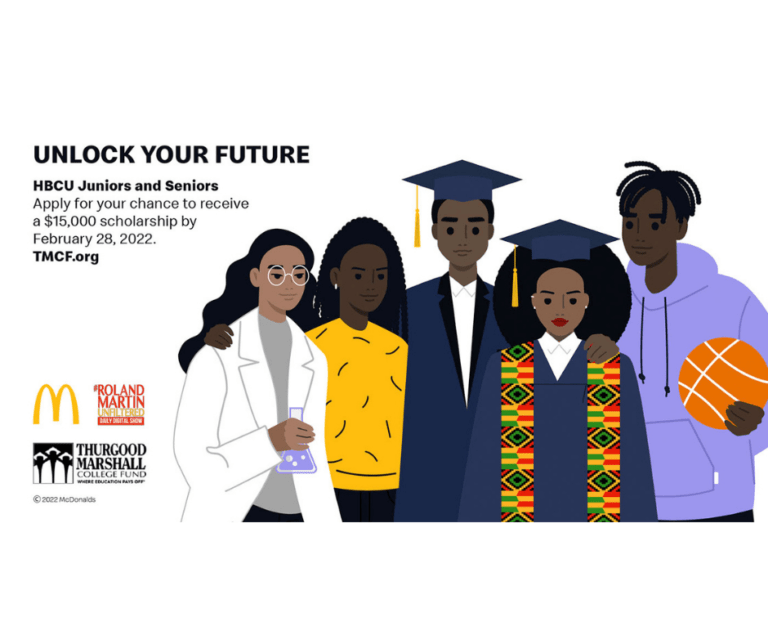By: d-mars.com
News Provider
NNPA, Stacy M. Brown
Lawyers for Civil Rights, a Boston-based nonprofit, filed a complaint, arguing that the practice unfairly favors predominantly white children of alums and discriminates against students of color.
The challenge against legacy admissions has gained momentum since the conservative justices on the Supreme Court handed struck down affirmative action on July 2.
A civil rights organization has initiated a legal challenge against Harvard University’s legacy admissions policy, following the Supreme Court’s decision to end affirmative action in higher education by a vote of 6-3. Lawyers for Civil Rights, a nonprofit based in Boston, filed a complaint asserting that the practice unfairly benefits predominantly white children of alumni while discriminating against students of color.
The challenge gained traction after conservative justices on the Supreme Court struck down affirmative action on July 2. The NAACP has shown support for this endeavor, urging more than 1,500 colleges and universities to promote equal opportunities in admissions by eliminating legacy admissions.
The NAACP’s initiative includes advocating for an end to legacy admissions as part of institutions’ commitment to achieving equality in student opportunities.
The civil rights complaint, filed by Black and Latino community groups in New England, alleges that Harvard’s admissions system violates the Civil Rights Act. Ivan Espinoza-Madrigal, the executive director of Lawyers for Civil Rights, expressed concerns about the practice of rewarding children based on the privileges and advantages inherited from previous generations. Espinoza-Madrigal stressed that an applicant’s family background and financial status should not determine their merit or exert influence over the college admissions process.
Critics argue that the practice of legacy admissions, which grants preferential treatment to applicants with family ties to a particular university, cannot be justified without the presence of affirmative action.
However, the recent ruling by the Supreme Court has prohibited the consideration of race in college admissions. Despite this ruling, the court still allows for the preferential treatment of legacy and donor-related candidates.
Harvard’s data, which was brought to light during the affirmative action case, reveals that 70% of legacy and donor-related applicants are white. Additionally, being a legacy student increases an applicant’s chances of admission by approximately sixfold. The complaint also highlights other institutions, such as Amherst College and Johns Hopkins University, that have abandoned legacy admissions due to concerns about fairness.
The argument put forth in the complaint is that Harvard’s legacy preference is unrelated to merit and deprives qualified students of color of opportunities. The complaint requests the U.S. Education Department to declare the practice illegal and urges Harvard to eliminate it if the university receives federal funding. Removing legacy and donor preferences, according to the complaint, would result in a higher admission rate for students of color at Harvard. Harvard University has chosen not to comment on the complaint but has reiterated its commitment to diversity and inclusivity in a prepared statement.
The university acknowledges the need to align its practices with the Supreme Court’s ruling while upholding its values. In addition to the legal challenge, the NAACP has launched a nationwide campaign to promote diversity on college campuses.
The campaign calls on both public and private colleges and universities to end legacy preferences, eliminate racially biased entrance examinations, foster faculty diversity, and support low-income and first-generation students through scholarships and mentoring.
These initiatives by the NAACP align with another campaign led by Ed Mobilizer, which urges alumni from prestigious colleges, including Harvard, to withhold donations until these institutions stop offering legacy admissions.
“Let’s be clear, Black America is in a fight for our lives. The NAACP has been at the forefront of this battle for more than a century and we’re not backing down,” NAACP President & CEO Derrick Johnson asserted.
“It is our hope that our nation’s institutions will stand with us in embracing diversity, no matter what. Regardless, the NAACP will continue to advocate, litigate, and mobilize to ensure that every Black American has access to the resources and opportunities they need to thrive,” he continued.
The call to action has garnered support from both Democratic and Republican lawmakers. While legacy admissions’ exact prevalence and impact remain uncertain, some schools have publicly disclosed their practices.
For example, the University of Southern California and Stanford University reported legacy admission rates of 14% among admitted students.
A previous Associated Press survey of highly selective colleges found that legacy students constituted anywhere from 4% to 23% of the first-year class, with some schools boasting more legacy students than Black students.
Proponents of the policy argue that legacy admissions foster alumni communities and encourage donations.
However, a study conducted at an undisclosed Northeastern college revealed that legacy students were more likely to donate but contributed to a lack of diversity, with most legacy students being white.
As the fight against legacy admissions gains traction, President Joe Biden has called on universities to reconsider the practice, emphasizing that it perpetuates privilege instead of promoting equal opportunities.
“The truth is, as we all know it, discrimination still exists in America,” Biden stated. “[The Supreme Court’s decision] does not change that.
The President said the Department of Education would seek new avenues in which to promote diversity at colleges and universities.







